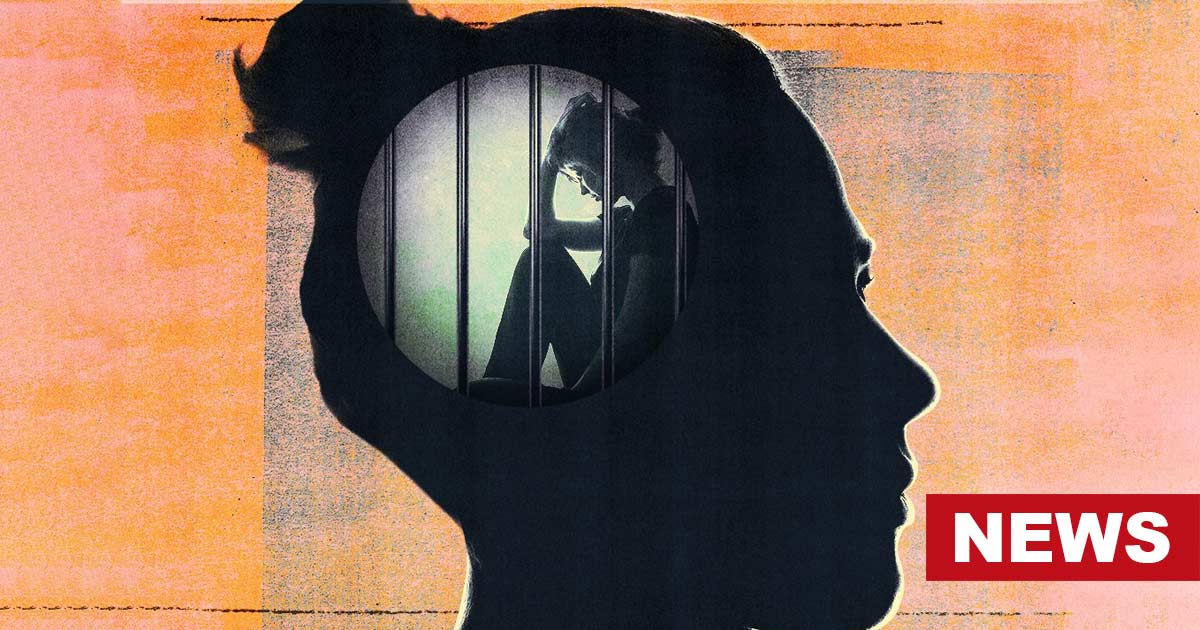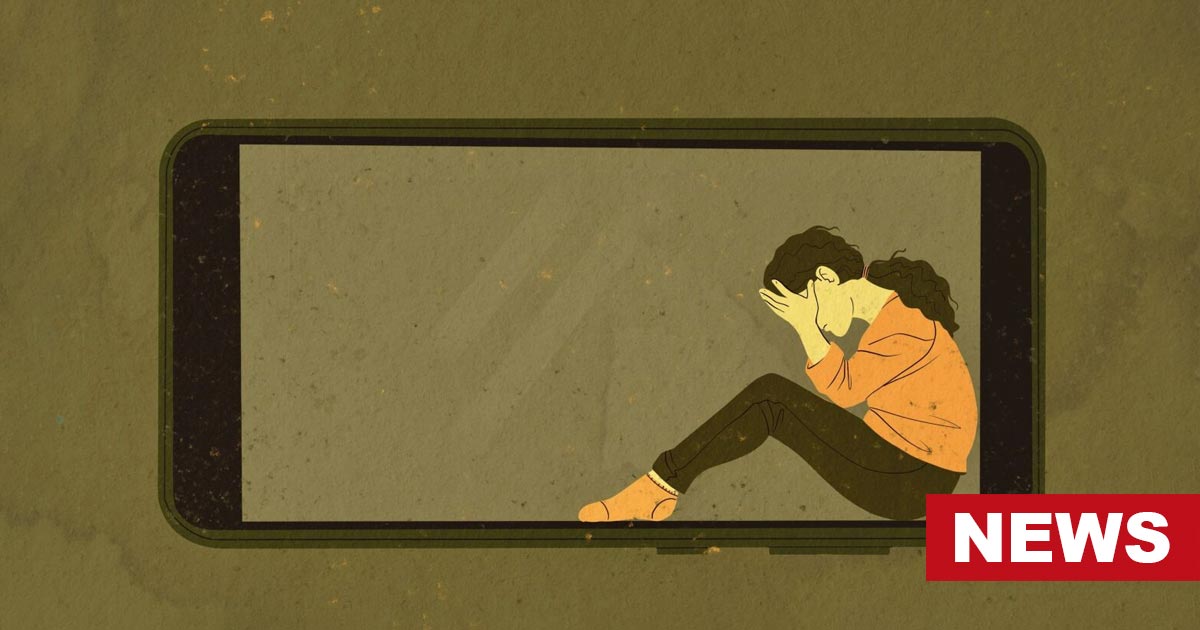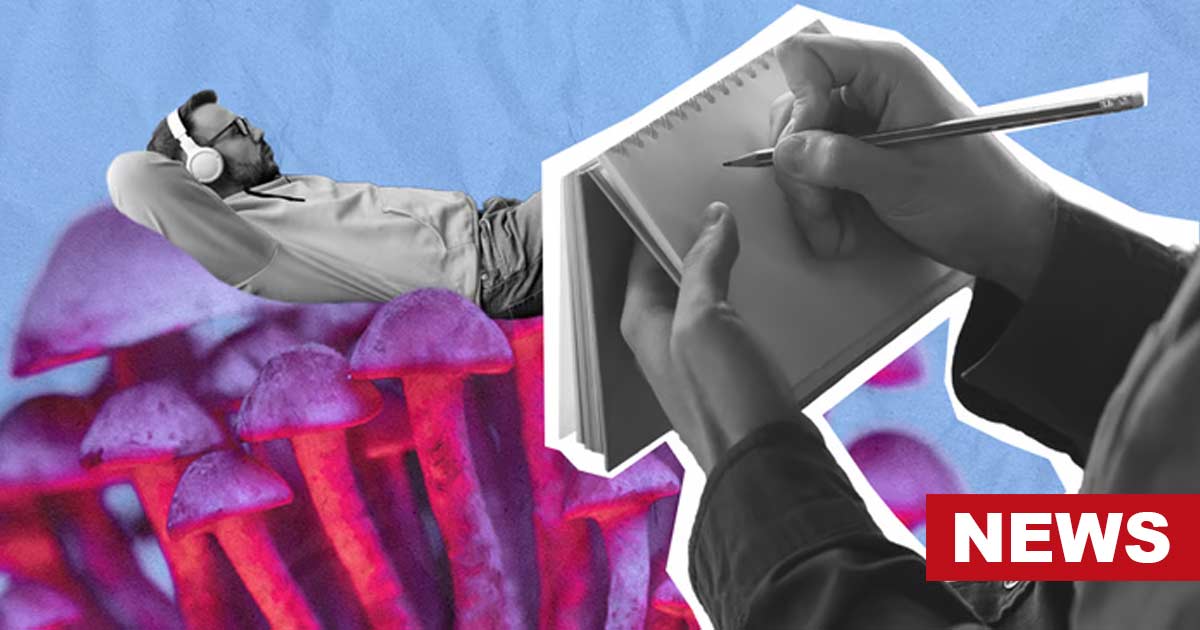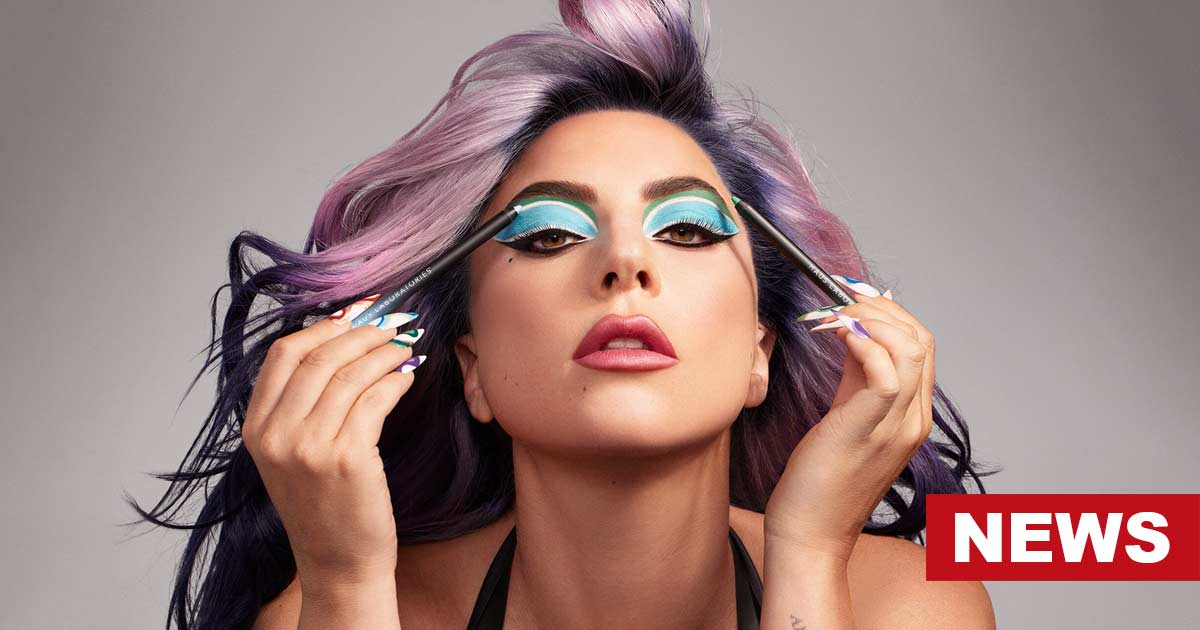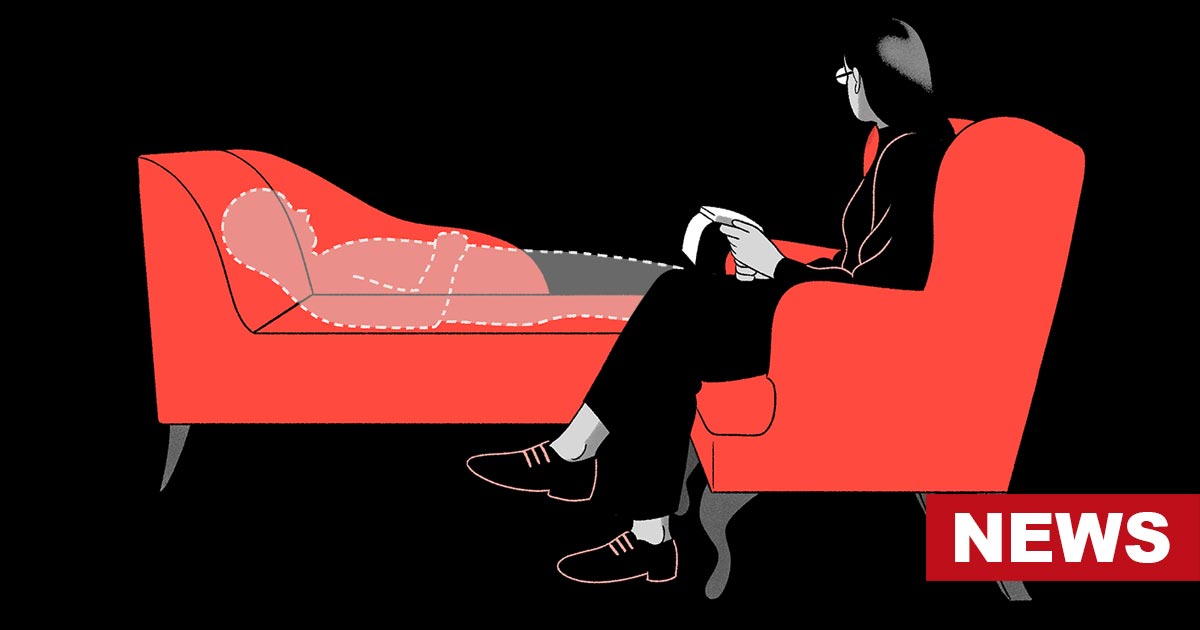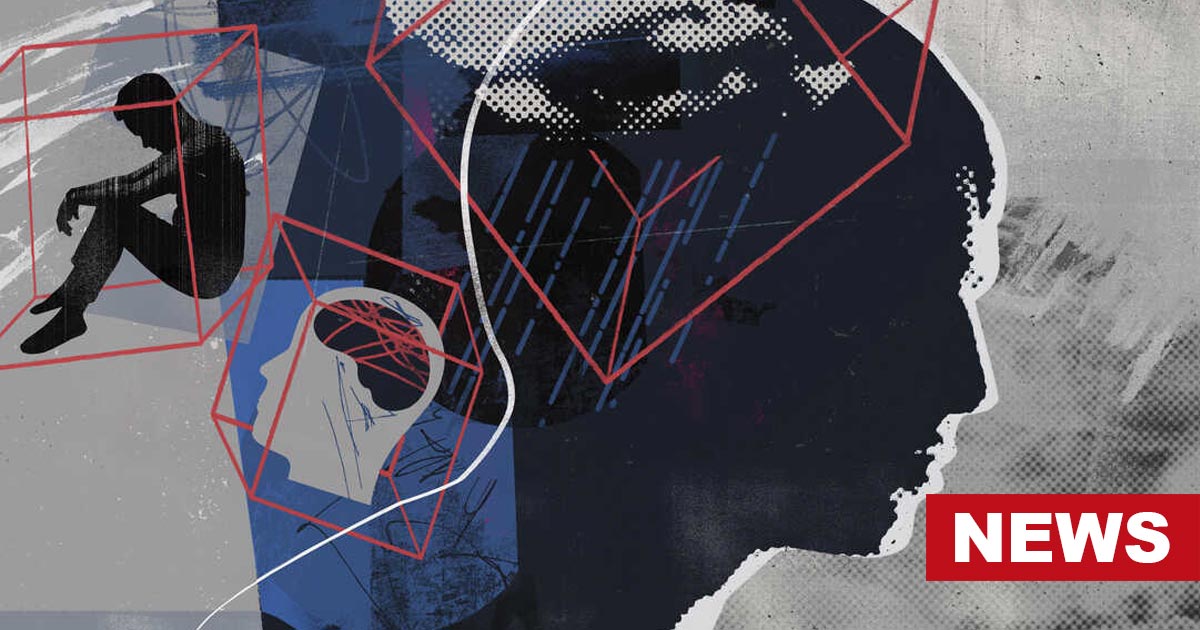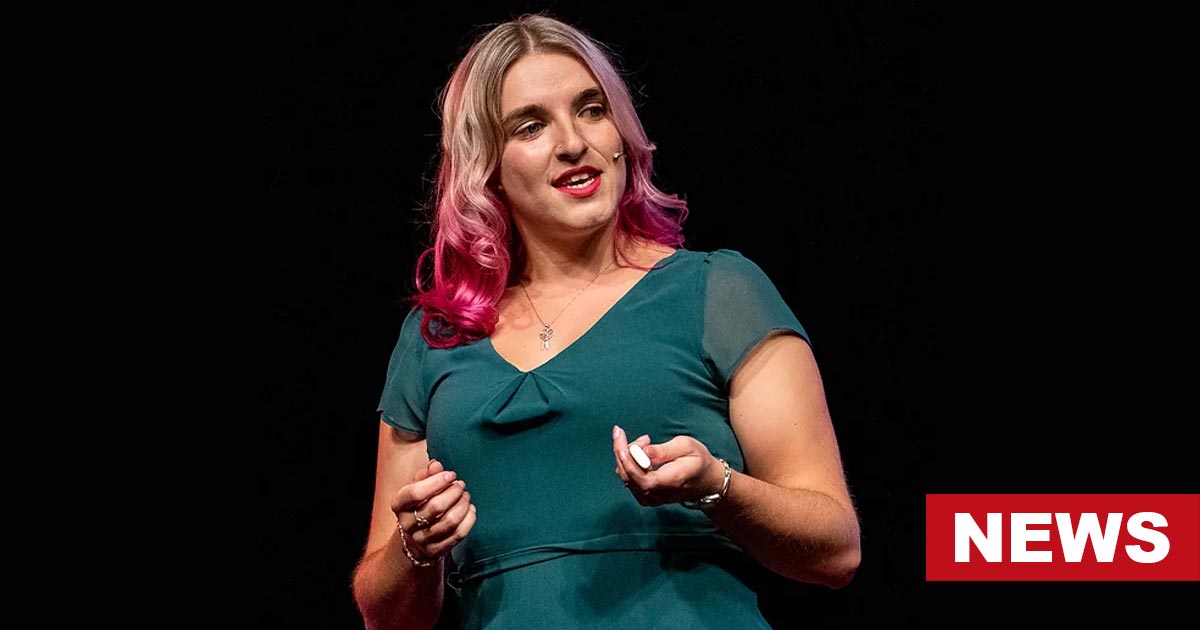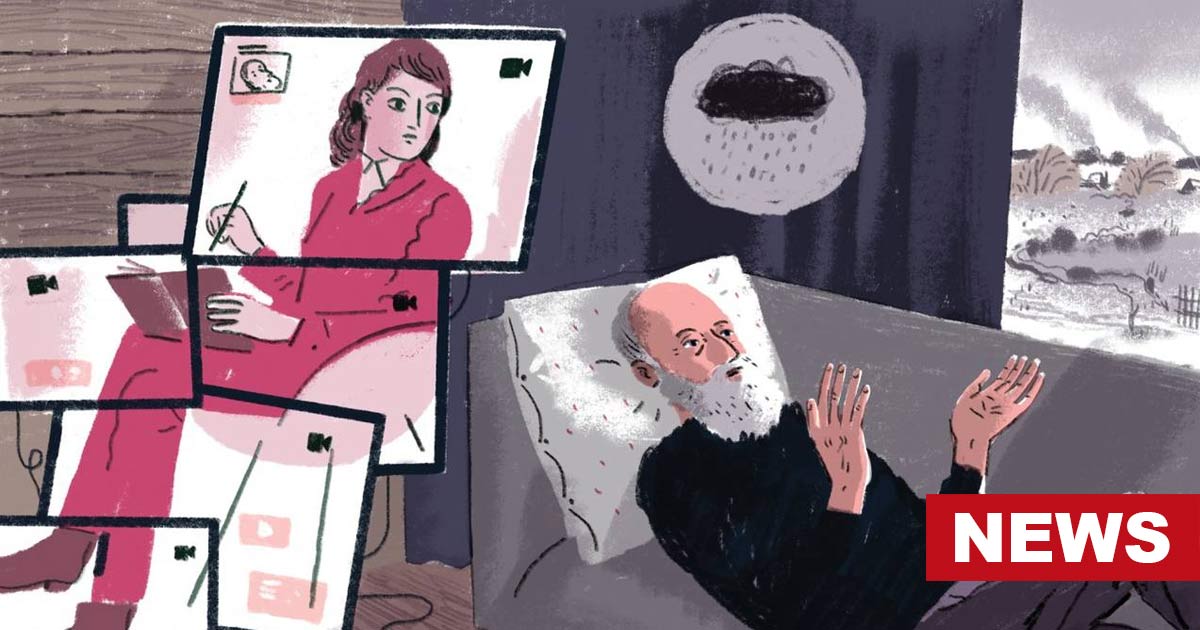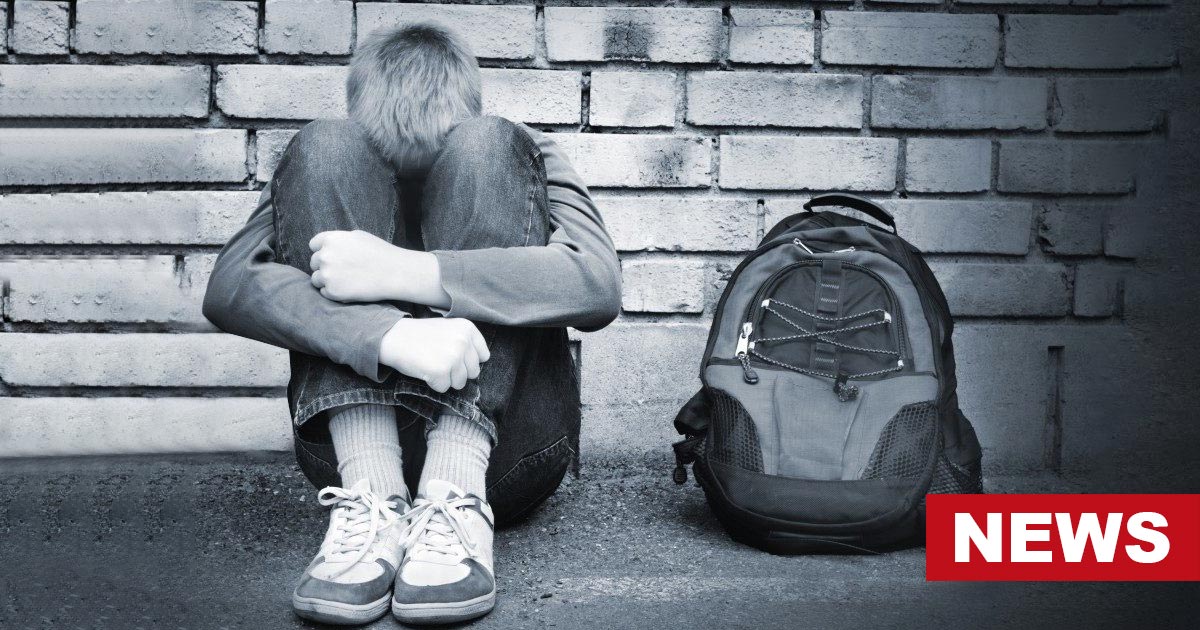The proliferation of Tiktok and mental health-related content on TikTok has the potential to destigmatize psychological issues, promoting acceptance and awareness. However, experts caution that amidst the influx of videos, there is a risk of encountering misleading and potentially harmful information.
Emily Hemendinger, MPH, LCSW, the clinical director of the OCD Program and an assistant professor in the Department of Psychiatry at the University of Colorado School of Medicine, acknowledges the positive aspect of raising mental health awareness and reducing stigma through platforms like TikTok.
Nevertheless, she emphasizes that many content creators lack the expertise needed to provide accurate guidance, potentially deterring viewers from seeking professional help.
Hemendinger points out that some TikTok videos attempt to neatly categorize complex human emotions and experiences into simplified diagnostic labels.
While this may seem informative at first glance, it can lead viewers to misunderstand mental health issues, as it lacks the comprehensive assessment that a trained mental health professional can offer.
These professionals consider additional factors such as an individual’s symptoms, overall functioning, and personal history when making diagnoses.
In the following Q&A, Hemendinger shares valuable insights on how users can discern unreliable mental health advice on TikTok and establish a healthier relationship with the platform.
Emily Hemendinger on TikTok And Mental Health
Q: How can viewers identify unreliable mental health advice on TikTok?
A: It’s essential to approach mental health content on TikTok with a discerning eye. Be cautious of content creators who present themselves as experts without proper credentials. Look for signs of generalization and oversimplification, especially if they attempt to fit complex experiences into narrow diagnostic categories. Remember that mental health is nuanced, and individual experiences vary widely.
Q: What are some red flags viewers should watch out for in mental health videos on TikTok?
A: Red flags include exaggerated claims, sensationalized language, and the promise of quick fixes. Be skeptical of videos that suggest one-size-fits-all solutions or endorse products without scientific backing. Additionally, watch out for content creators who portray themselves as having all the answers and dismiss the importance of seeking professional help.
Q: How can TikTok users form a healthier relationship with the platform when it comes to mental health content?
A: Firstly, recognize that TikTok is a valuable resource for general information and awareness, but it should not replace professional guidance. If you come across mental health content that resonates with you, consider it a starting point for self-reflection. However, don’t rely solely on TikTok for answers. Instead, use it as a stepping stone to initiate conversations with mental health professionals or peers who can provide informed and personalized support.
Q: What advice do you have for content creators who want to share mental health information on TikTok responsibly?
A: Content creators should approach mental health topics with humility and honesty. It’s crucial to disclose any relevant qualifications and limitations. Encourage viewers to seek professional help and provide resources for further information. Avoid making sweeping statements or offering solutions that may not apply to everyone. Remember that TikTok is a vast platform, and its audience encompasses diverse backgrounds and experiences.
Q: What message would you like to convey to TikTok users regarding mental health?
A: My message is simple: prioritize your mental health. Use TikTok as a supplementary resource, but don’t hesitate to reach out to qualified mental health professionals when needed. Remember that mental health is individualized, and there is no one-size-fits-all solution. Seek support from trustworthy sources, and don’t hesitate to ask for help if you or someone you know is struggling. Your well-being matters.
In summary, TikTok’s role in raising mental health awareness is commendable, but users should exercise caution and critical thinking when encountering mental health content on the platform.
By identifying red flags, forming a balanced relationship with TikTok, and seeking professional guidance when necessary, users can make informed decisions about their mental health and well-being.
Content creators also have a responsibility to share mental health information responsibly, with transparency and humility. Ultimately, prioritizing mental health is essential, and seeking support from reliable sources is encouraged.


